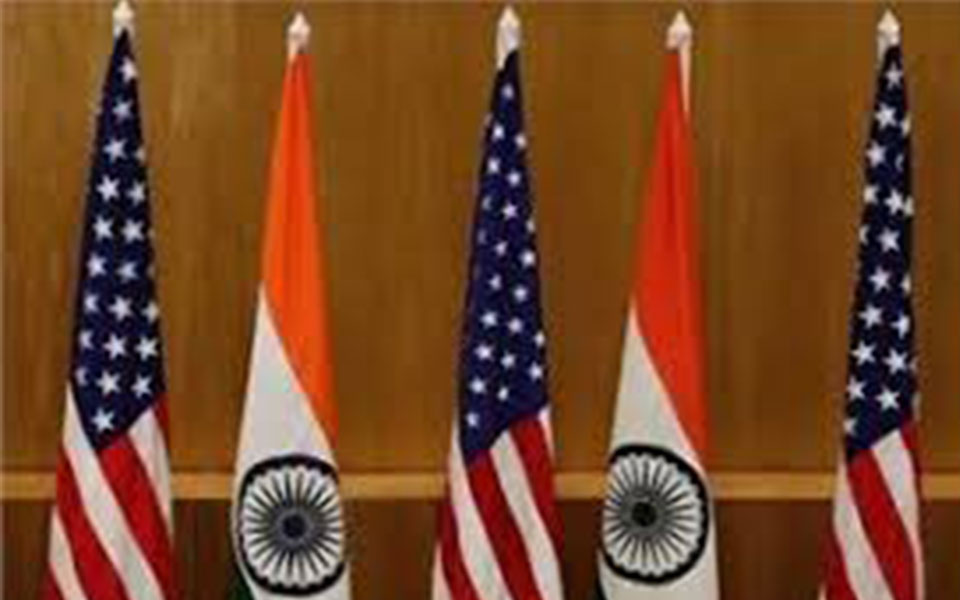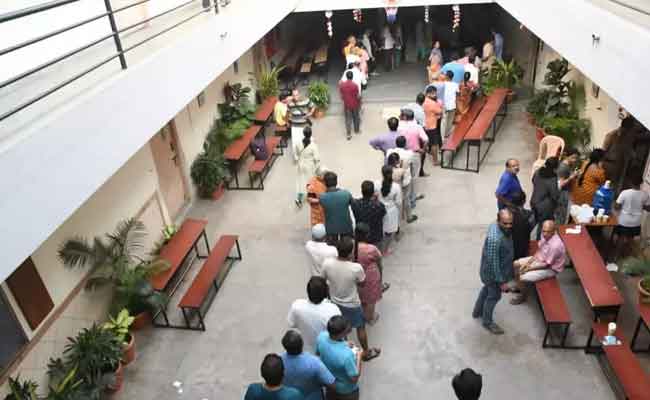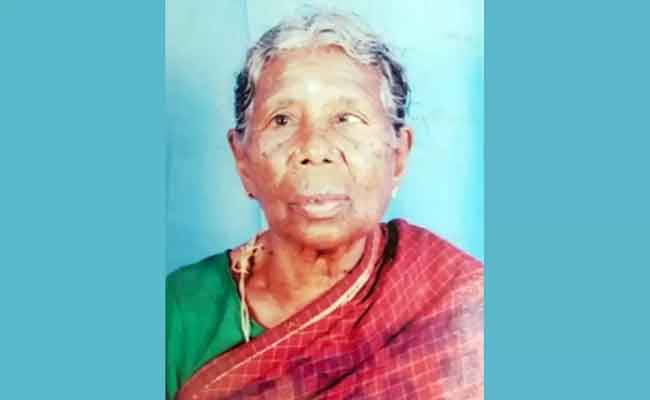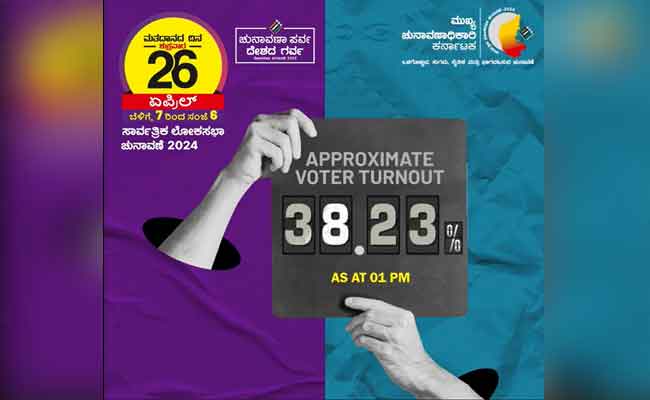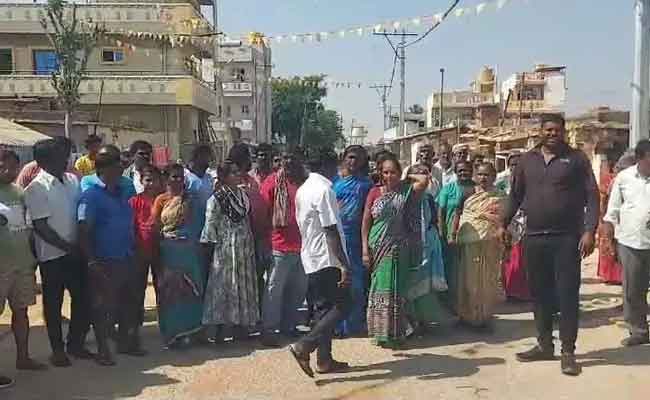New Delhi, July 2: India should allow ethanol imports to increase its refineries' "efficiency and profitability", delegates at an ethanol summit in the US said on Monday.
"Importing ethanol would allow Indian ethanol refineries to increase efficiency and profitability, as these plants currently operate at only 60 to 70 per cent capacity," said the US Grains Council (USGC), Growth Energy and the Renewable Fuels Association (RFA).
The Ethanol Summit of the Asia Pacific (ESTAP) was attended by a high-level Indian delegation comprising MPs, biofuel and energy experts, and senior officials apart from officials from other countries, said a statement here.
According to experts at the summit, allowing ethanol imports assures investors of the government's commitment to their blending mandate, hence increasing the potential for expanded domestic and foreign investment, improved infrastructure and expanded overall capacity.
Stressing the importance of national ethanol policies, USGC President Deb Keller outlined how policies with a role for trade would allow governments to encourage domestic ethanol production and enable countries to meet blend mandate goals.
"Such policies support domestic feedstock industries like sugarcane and provide consistent access to the supply of fuel ethanol," she said.
The USGC, Keller said, is working with governments to develop ethanol policies that are sticky, meaning the policies establish industries that remain constant despite nominal changes, in addition to increasing global ethanol use.
Ethanol use can replace harmful components in the fuel supply, help reduce greenhouse gas emissions and decrease the detrimental effects aromatics and other tailpipe emissions have on lung health and other human health factors.
"In India, the Council will keep demonstrating how increased use of ethanol is a win-win scenario to help India's economic and environmental goals stick and provide new opportunities for US ethanol," the USGC President said.
According to the statement, the Indian delegation's presence at the summit has brought home importance of trade in global ethanol policies as they got a first-hand experience of ethanol ecosystem in the US where they interacted with farmers and visited ethanol plants.
"The US visit of Indian experts gathers importance as the Indian government recently notified its new Biofuel Policy - National Policy on Biofuels 2018 - which offers several promotional provisions and incentives. However, it deviates from its earlier stand on imports," it said.
According to the policy, "indigenous production of biofuels will be encouraged by a set of practical and judicious incentives". It also emphasizes on the growth of domestic biofuel industry, going on to categorically mention that "allowing import will adversely affect domestic biofuels and hence, import will not be allowed".
Kalikesh Singh Deo, a member of the parliamentary panel on petroleum, said: "India does have a national ethanol blending mandate in place at E10 with goals of reaching E20."
"However, a restriction on importing ethanol has resulted in a national effective blend rate at only 2.2 per cent.
"Under this policy, the US or any other country cannot export ethanol to India for fuel use, only for industrial use," said Deo, who went for the summit.
Let the Truth be known. If you read VB and like VB, please be a VB Supporter and Help us deliver the Truth to one and all.
Bengaluru (PTI): With less than three hours left for voting to end, over 50 per cent turnout was reported in Karnataka where polling is underway in 14 Lok Sabha constituencies on Friday.
According to election officials, the voter percentage till 3 PM was about 50.93 per cent. The voting that began at 7am, will end by 6 pm.
Out of 14 segments that are going to polls today, highest turnout of 58.76 percent was recorded in Dakshina Kannada, followed by Udupi-Chikmagalur at 57.49 percent. The least was 40.10 percent in Bangalore Central. The turnout was 40.77 percent in Bangalore South and 41.12 percent in Bangalore North.
Bangalore Rural that is witnessing a tight contest between Congress' D K Suresh-- MP and brother of Deputy Chief Minister D K Shivakumar-- and Dr C N Manjunath, a noted cardiologist and son-in-law of former PM H D Deve Gowda, on a BJP ticket, has recorded 49.62 percent polling.
In the first phase, the Congress is contesting in all 14 seats, BJP has fielded nominees in 11 and its alliance partner JD(S), which joined the National Democratic Alliance in (NDA) in September last year, in three -- Hassan, Mandya and Kolar.
The segments where elections are being held on Friday are: Udupi-Chikmagalur, Dakshina Kannada, Chitradurga, Tumkur, Mysore, Chamarajanagar, Bangalore Rural, Bangalore North, Bangalore Central, Bangalore South and Chikkballapur.
In the 2019 Lok Sabha polls, Congress and JD(S), which were in alliance and ruling the state back then, had secured just one seat each in these 14 segments. The BJP had won in 11 and ensured the victory of a party-supported independent candidate in Mandya.

